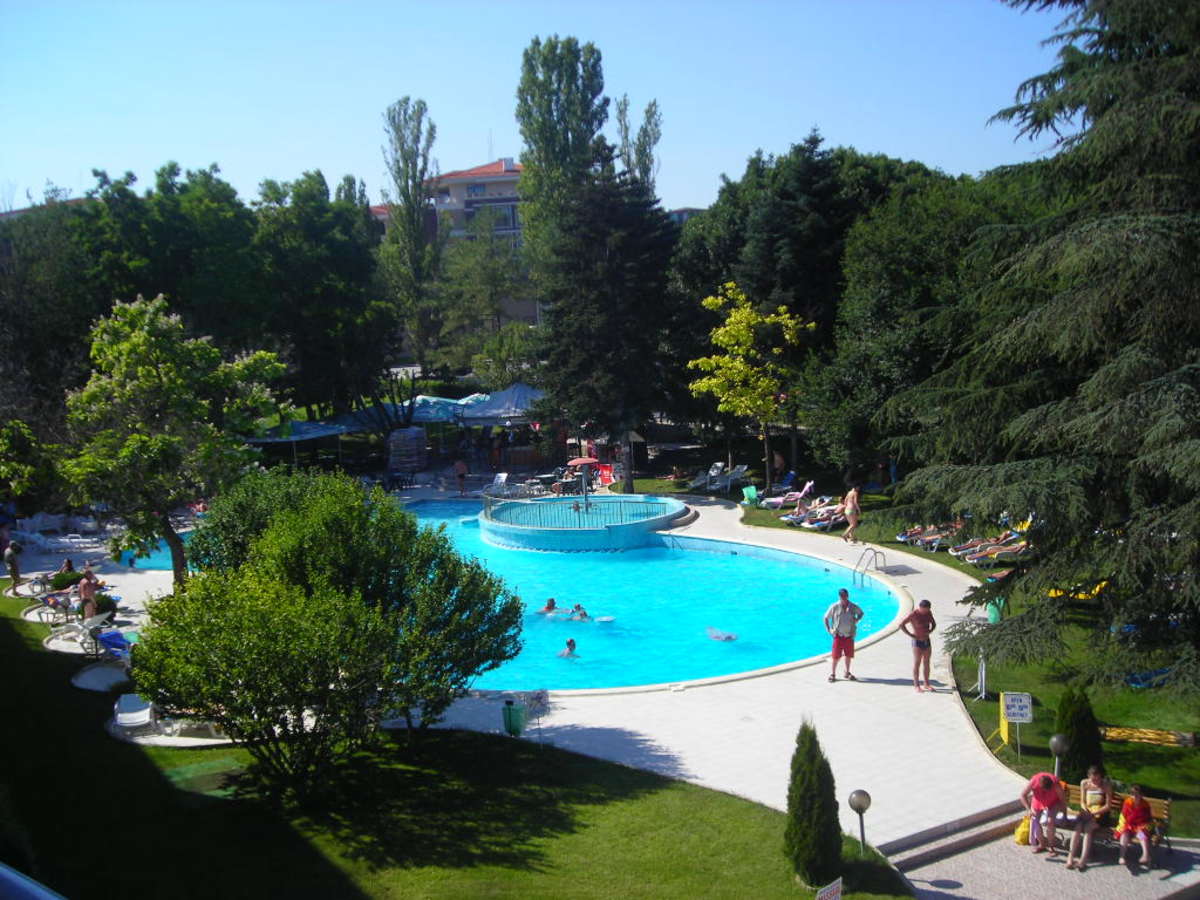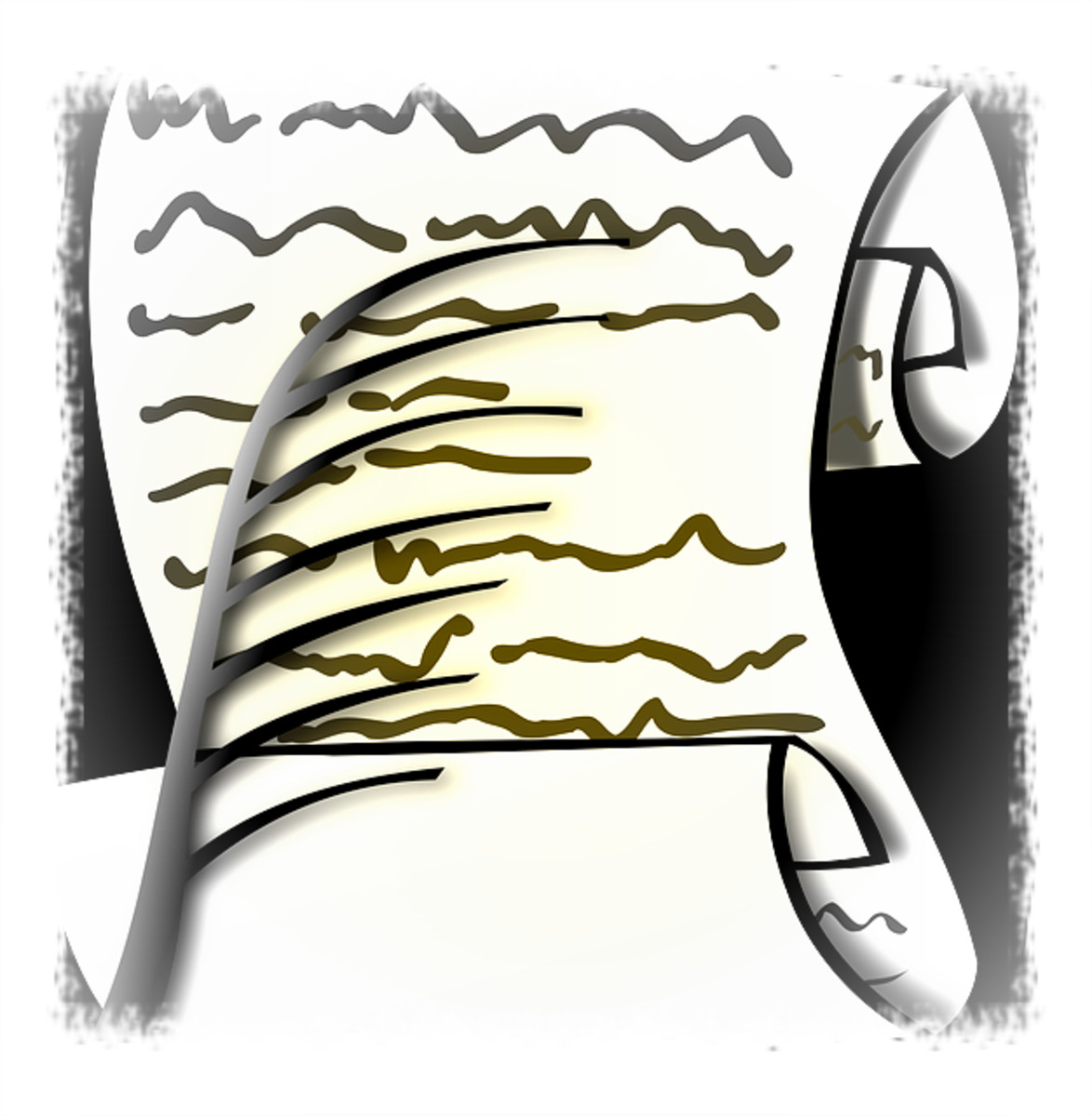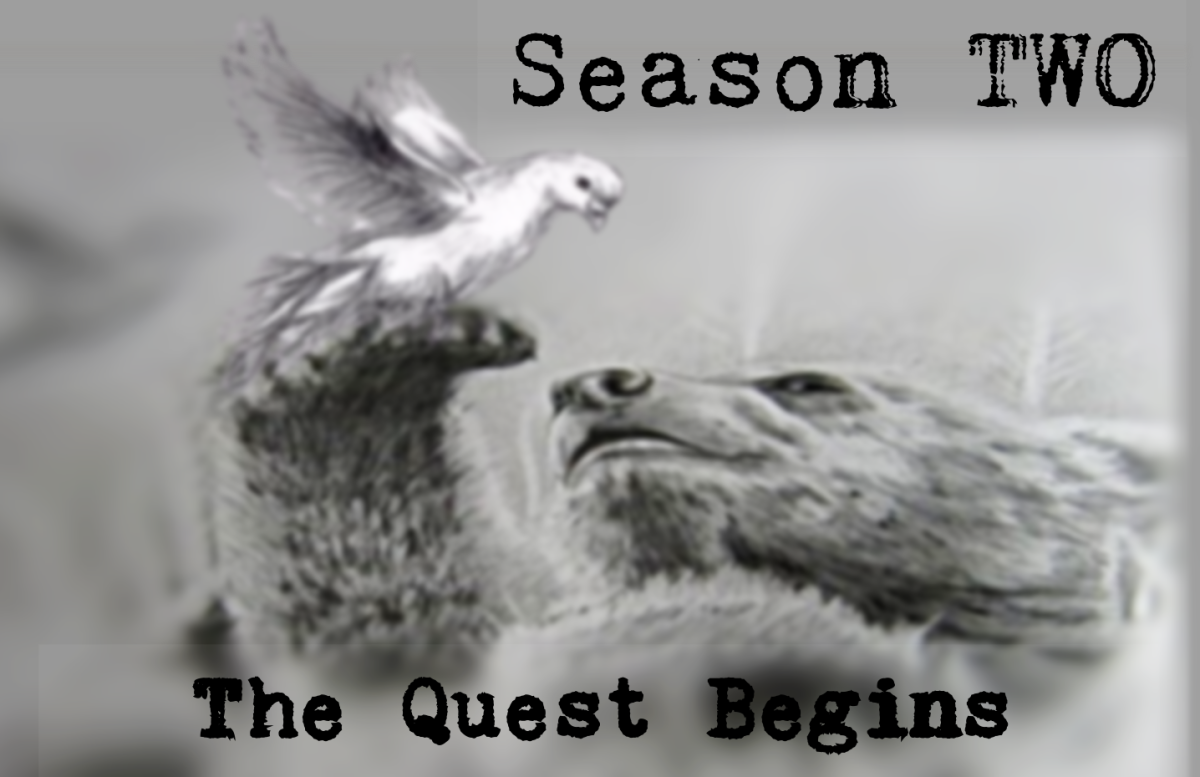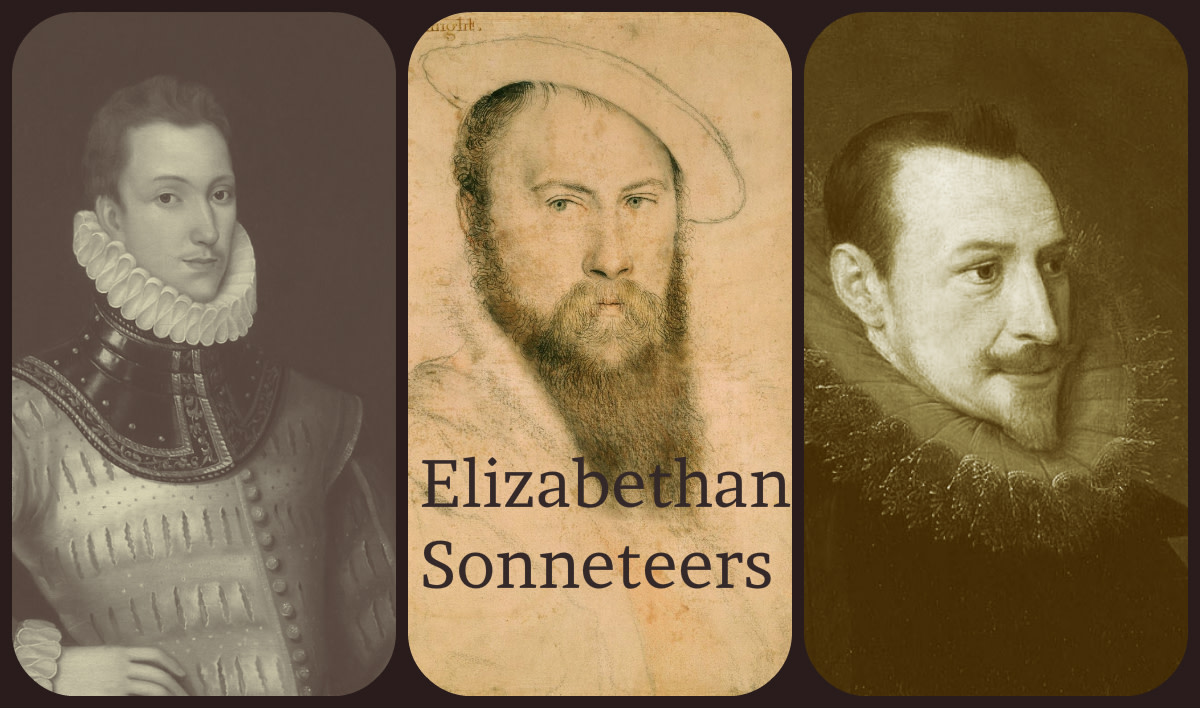The Brookline Poetry Series: Where Wandering Minstrels Call Home
Impressions and Atmosphere
“Brookline is the reading I like to always go to,” says Gwen Jensen about the Brookline Poetry Series, held at the Public Library of Brookline’s Main Branch the third Sunday of every month (with a break during summer), voicing a loyalty typical among the series’ usual crowd. While she has attended and read at other reading series, Jensen asserts, “The thing about Brookline is, it’s mine. I know the people, I know what to expect.”
The series, which includes both an extended reading by an established poet and an open mike, has been a mainstay of Brookline’s cultural scene since its foundation in 2001. A visit to the event shows why: it provides practitioners of an often solitary craft the perfect combination of community and creative atmosphere.
Enter Hunneman Hall on the library’s second floor early in the afternoon of a reading, before the show gets underway, and the first and strongest impression will beof the camaraderie among the longtime regulars at the series. You’ll likely find them hugging as they meet and buzzing with delight in seeing one another—“Hey, Gwen!” “Yay, here she is!” “Is Alan coming?” “So, how’s the teaching going?” At the December reading, one of them might be handing out holiday cards to fellow attendees. Others might be sharing printouts of their work, or introducing themselves to and striking up conversation with newer attendees.
Series veteran Jensen, 77, thinks this feeling of fellowship derives from a “common bond of belief that it’s important to write poems, that it’s important to support each other, that poetry matters. None of us will get rich of course, but” the company and encouragement of others who love poetry remind poets that “we’re in a business of some importance.” The camaraderie extends beyond Hunneman Hall; open-mike reader Kim Garcia mentioned a “tradition” of attendees going to a nearby restaurant or coffee shop after each reading.
Nonetheless, Hunneman Hall itself exerts a lot of appeal for participants. “It had this sort of open, light-filled, airy space,” enthused Nicole DiCello, featured poet at the October 20 reading. “It’s quite the pretty room.” First-time attendee Tim Cresswell remarked, “It’s amazing to have that kind of resource. I like reading in a dingy upstairs pub or basement … but this was big space with lots of light.” The room’s exhibits of artwork, which have ranged in recent months from pictures of Frederick Law Olmstead and his parks to old Japanese paintings to black-and-white photographs of musicians and dancers, along with the piano on the dais, provide a decorative complement to the verbal images and rhythms that emanate from the wooden podium’s microphone.
Gwen Jensen reads her work at the Brookline Poetry Series
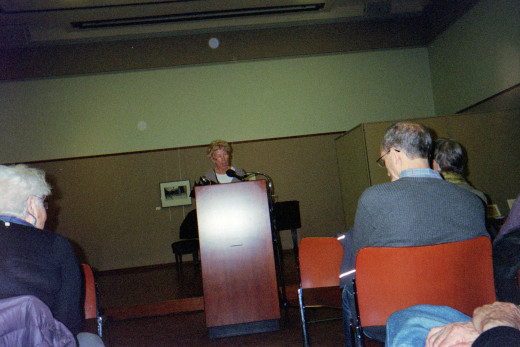
Background
The Brookline Poetry Series was founded in 2001 by poet Diane Collins Ouellette to create “a quality venue for local poets, both published and yet-to-be-published; a place for a multiplicity of poetic voices; a series dedicated to featuring the work of Brookline poets”—although many participants live elsewhere—and “a forum for poets of all experience to listen and read their work,” according to the series’ page on the Public Library of Brookline’s website. Originally, readings were held in the basement of the Brookline Booksmith. Although Ouellete died of cancer within months of the series starting, organizers Ann Killough, Sue Roberts, and Aimee Sands, joined later by Tam Neville, carried on with the help of Ouellette’s husband Berred. The Boston Globenamed the Brookline Poetry Series Best Open Mike in Boston in 2005. In 2008, the series relocated to the public library.
Sign-up for the open mike begins at 1:30, and the reading begins at 2:00. The organizers ask a suggested donation of five dollars from attendees that goes to pay featured readers. “We’re one of the few series that do pay readers,” organizer Aimee Sands boasted at one reading.
The reading starts with one of the organizers introducing the featured poet or poets, who have usually published at least one book and have achieved some literary repute. Featured poets have included David Ferry, winner of several awards for his poetry and translations; Reginald Dwayne Betts, author of the critically acclaimed collection Shahid Reads His Own Palm; and Katia Kapovich, editor of the Cambridge-based literary magazine Fulcrum. The featured poet reads several pieces in a segment that lasts between half an hour and an hour.
Poetry on the Map: Main branch of the Brookline Public Library
Home of the Brookline Poetry Series
In the Spotlight
Sands introduced Nicole DiCello at the October 20 reading by saying she recruited the Leominster resident as a featured poet when she heard her read previously—at Cambridge’s Porter Square Books in June—“and thought, ‘Wow!’” “I’ve always been curious about the Brookline Poetry Series,” said DiCello. “It’s one of the more respected poetry series in the area. I was pretty flattered that she asked.”
DiCello, 39, studies for a Master of Fine Arts degree in creative writing at Emerson College; her work has been published in several journals. She read from the manuscript of a collection featuring a series of poems based on astronomy and another focusing on various objects made of steel, through which she examines “relationships, desire, the sort of invisible forces that bend and shape us, and how we come to terms with those forces, how they enter our consciousness in surprising ways. I don’t like to classify myself in a particular style,” she continues. “I don’t think I fit into any style. I always strive for music, language that pushes the envelope, the emotional awareness and intelligence that comes through.”
DiCello’s only expectation about the reading was “just that there would be a pretty decent-sized group of people—pretty much what there was.” DiCello picked up on her audience’s spirit of community: “There seems to be a core group of devotees there; they seemed like regulars.” She delighted in having a “really enthusiastic and interested audience. Obviously many were poets themselves and there for the open mike. People really seemed interested in the craft.” True to the series’ mission, she also noticed “a real range of style, experience level, and knowledge of the craft” among the open-mike readers and found the work read that day more stylistically varied than at other local open mikes. Indeed, iambic pentameter, conventional free verse, more surreal or impressionistic “language” poetry, and spoken-word performance poetry-slam fodder have all graced Hunneman Hall during the past few events.
Jensen also likes the “openness of people to ideas that are different from their own” about poetry. She agrees with DiCello that “many different kinds of poetry are read—there’s no cookie-cutter idea of the right kind of poem.”
Speed Reading
Between 15 and 20 poets usually read in the open mike segment for roughly 45 minutes to an hour in total. Each person reads one poem about a page in length, and introduces the next reader on the sign-up list when finished.
Gwen Jensen, who lives in Cambridge, began writing after retiring from the presidency of a small college in Pennsylvania in 2001. “I wanted a change, and I knew I wanted to write. I always loved poems.” To learn more about poetry’s inner workings, Jensen took a workshop with local poet Barbara Helfgott Hyett for a few years. Jensen now publishes frequently in literary magazines. Her first book of poetry is in its second printing, and she recently submitted her second book manuscript for publication.
Jensen first attended the reading series three or four years ago at the invitation of organizer Tam Neville, who runs a small press called Off the Grid with her husband. Jensen became acquainted with Neville when she submitted her first book to Off the Grid; although the book ended up being published elsewhere, she says Neville became a valuable source of advice.
“At first the open mike did terrify me a little bit,”Jensen admits, “but no more, because we’re all in the same boat.” She elaborates, “When you go someplace you’ve never been before, you’re a stranger, and it takes a while to feel comfortable. But people were very friendly … it didn’t take long before I had friends…. I knew I wanted to come back.” When her book was published, Jensen shared the featured poet honors at a reading, though she modestly described herself as the other featured reader’s “opening act.”
Jensen particularly appreciates the audience’s engagement in the readings: after the October 20 reading, she overheard one attendee telling another about a poem Jensen had read a few months earlier. Jensen identified herself as the author and later e-mailed him the poem, and they enjoyed an in-depth discussion of it.
Jensen also likes the “openness of people to ideas that are different from their own” about poetry. She agrees with DiCello that “many different kinds of poetry are read—there’s no cookie-cutter idea of the right kind of poem.” Perhaps encouraged by this variety, Jensen says her own poetry is changing. “In the beginning, I think I did what most new poets do, which is write almost entirely about themselves,” she recalls; now she makes an effort to write more poems “having to do with the times.” While most of her poetry already uses rhyme and meter, Jensen has become more interested in fixed forms like the ballad. “I love diversity,” she attests. “I love to try different things.”
When asked if she disliked anything about the Brookline Poetry Series, she laughed, “Like anything else, some poems are better than other poems, and some Sunday afternoons are better than other Sunday afternoons … that’s part of the nature of things. No, there’s nothing I would change.”
A scholarly work by the Brookline Poetry Series's Tim Cresswell
A Fresh Perspective
Tim Cresswell, 48, just moved to Brookline on August 1 from London, where he is a scholar in cultural geography and teaches in a master’s degree program on place in writing at Royal Holloway College of the University of London. Here in the States, he’s teaching history and international affairs at Northeastern University and is also associate director of the university’s Humanities Center.
Unlike Jensen, Cresswell has written poetry his whole adult life. He read poetry avidly as a teenager, and as a graduate student in his twenties he got involved in what he called “radical poetry, or guerrilla poetry” through two groups, the Cultural Workers’ Alliance and Cheap at Any Price Poets. “We did things like read in laundromats,” he relates. Cresswell confesses that the poetry he wrote then was “all really bad—I still have bags full of it.”
A turning point came in 2008, when Cresswell took a creative writing class at the Faber Academy, run by famed British publisher Faber and Faber, with poet Jo Shapcott; “then it got really serious after that.” A collection of his poetry was published in Britain just before he moved, and he’s currently studying for a Ph.D. in creative writing with Shapcott as his supervisor.
Cresswell hadn’t read his work in the United States before coming to the series. He learned about the venue by “just going online, looking to see where I could meet people. I was encouraged by the sound of the headliners and their backgrounds.” Cresswell tends to be wary of open mikes—“I’ve been to some that have been awful or not my sensibility”—but the Brookline Poetry Series proved worth his while: “I was delighted how good it was…. it just sounded like the kind of poems I read and enjoy.” He did think a few of the poems read during the open mike segment could be improved, but conceded, “It’s always hard when you just hear it. Sometimes I hear things that just make me want to tear my hair out. There was nothing like that” at the Brookline reading.
In contrast to DiCello and Jensen, Cresswell felt “like people were on the same page stylistically,” at least generally. He found the type of poetry read at the October event a happy medium between the extremes of formalism and looseness, commenting, “There was no one reading archaic rhyming poetry and no one doing Charles Olson,” a 20th-Century American poet known for his mercurial sense of form and voice.
As for his own turn at the podium, Cresswell said, “It was great. I hadn’t read for a while, so it felt good doing it.” His audience itself being of a literary bent helped Cresswell feel comfortable. “Poetry to poets is fine,” he affirmed. “When I don’t know if the audience is there for poetry,” as when he sometimes reads his verse at scholarly conferences, “that can be a problem.” Part of this difficulty lies in Cresswell’s work being “a bit schizophrenic”: some of it he describes as “familiar and humorous” and some of it “more experimental” in subject matter (soil science, for example) and typography. But at the Brookline Poetry Series, he notes, “Once someone laughed at the right time, I knew I was OK.”
Cresswell, even as a newcomer, was struck by the bond among attendees, who seemed like “a group of companions” to him. This enticed Cresswell, who came to the reading in part because he’s “looking for people to be friendly critics,”he said. “People supported each other; there was a supportive atmosphere. There was a sense of community in the room,” which is a major reason he intends to return to the series: “I hope to become part of it.”
Works Cited
Brookline Poetry Series. The Public Library of Brookline. The Public Library of Brookline, n.d. Web. 18 October 2013.
Cresswell, Tim. Personal interview. 20 October 2013.
DiCello, Nicole. Telephone interview. 23 October 2013.
Garcia, Kim. Personal interview. 20 October 2013.
Jensen, Gwen. Telephone interview. 22 October 2013.


